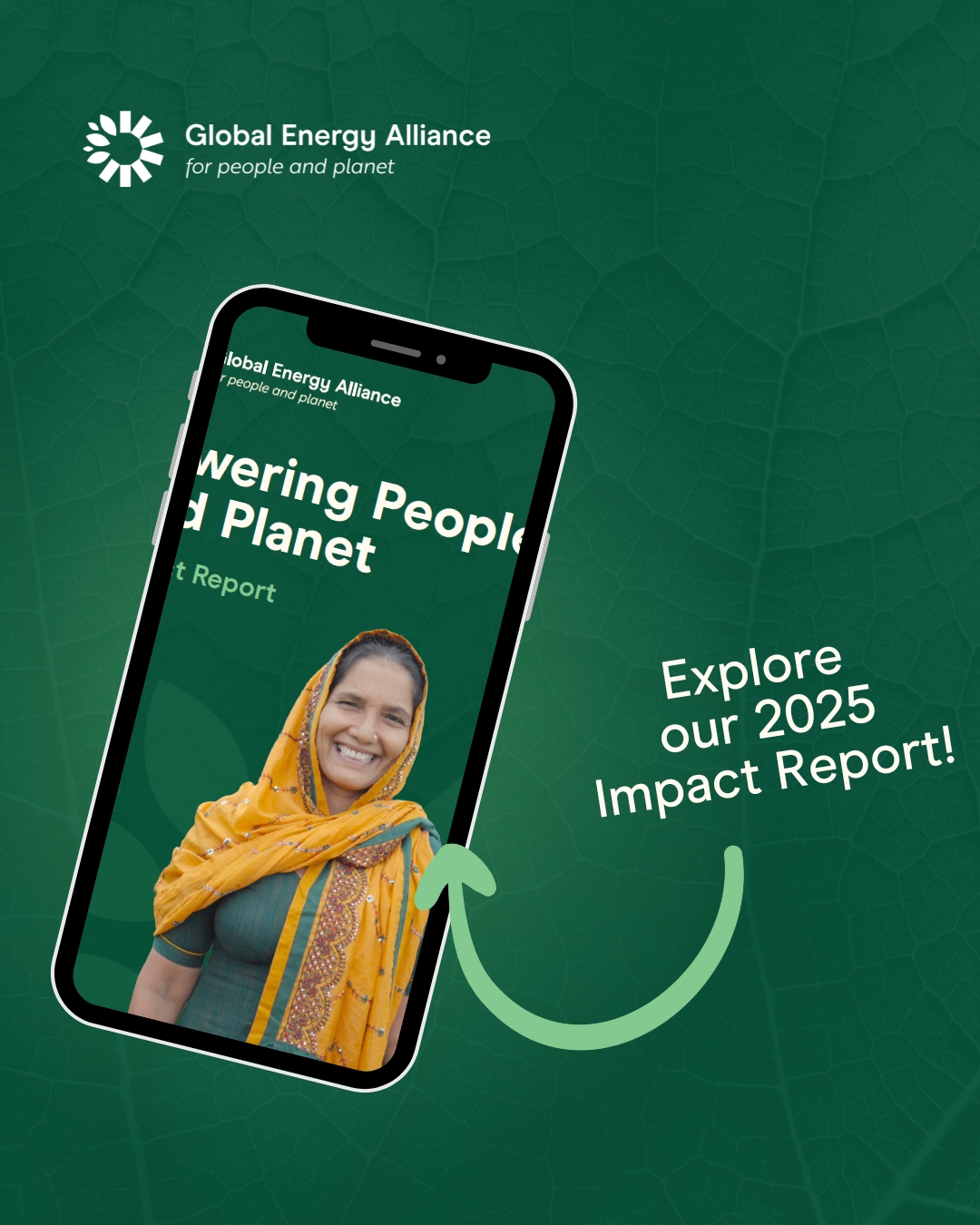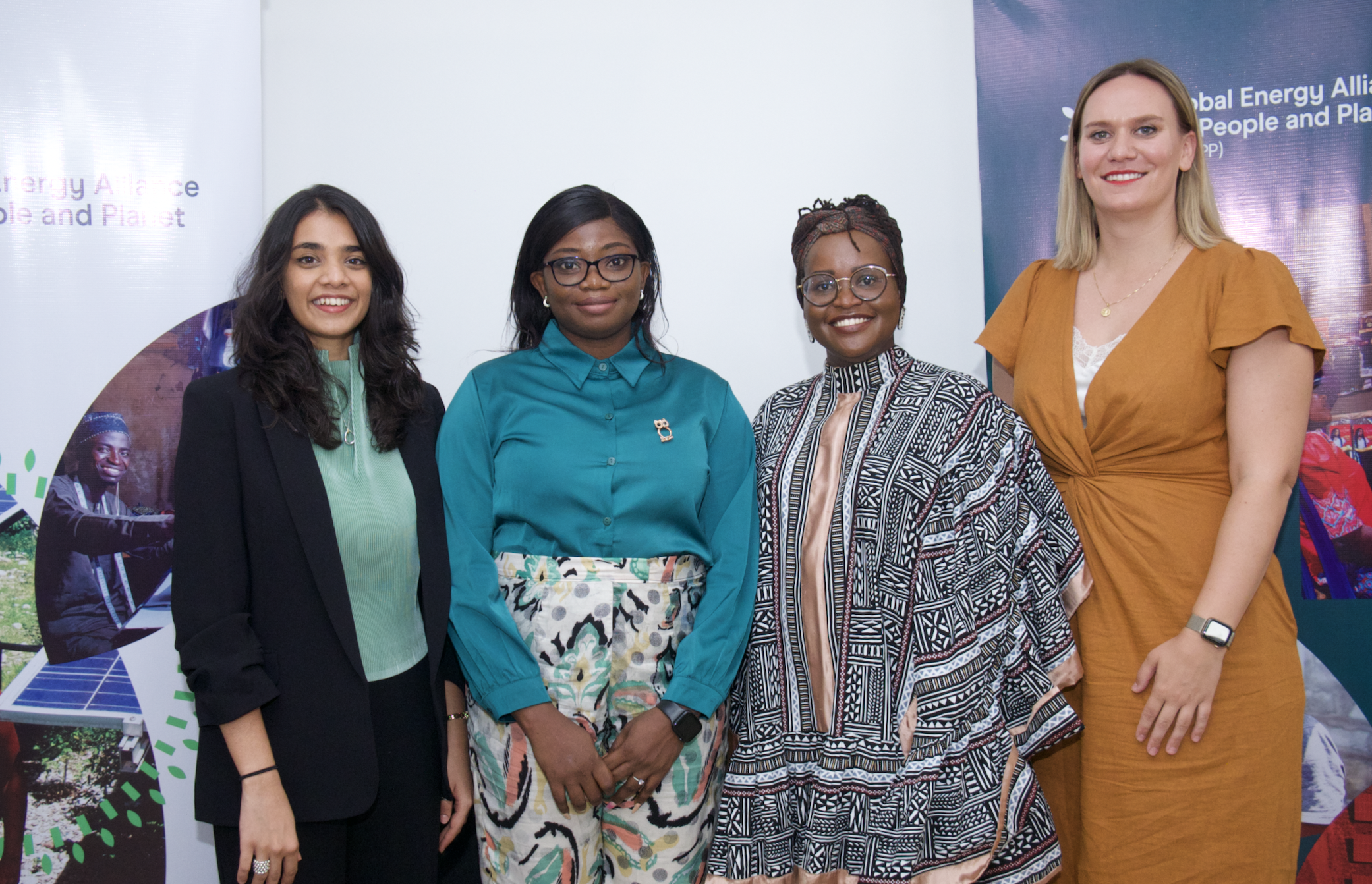Bridging the Gap: Empowering African Women Researchers in the Innovation Landscape

In the dynamic landscape of innovation, academia has long been pivotal in the journey from idea inception to real-world application. Consider the symbiotic relationship between Thomas Edison’s experimentation and the light bulb’s development or Marie Curie’s research leading to radiology advancements. However, as innovation accelerates and the digital age emerges, a disconcerting gap has formed between academia and the innovation ecosystem. Nowhere is this gap more apparent than in the challenges faced by African women researchers in bringing their ideas from academic papers to tangible reality.
African women researchers are undeniably pioneers in generating groundbreaking ideas and conducting cutting-edge research. Yet, they encounter formidable barriers when attempting to translate these ideas into practical solutions for real-world problems. One primary challenge stems from the lack of support structures within academia for transitioning from research to innovation. While academic institutions excel in fostering intellectual inquiry and theoretical exploration, they often lack the resources and infrastructure for hands-on experimentation and product development.
Moreover, the innovation ecosystem, characterized by its fast-paced nature, presents its own hurdles for women researchers. Limited access to funding, mentorship opportunities, and networks exacerbates existing disparities, hindering African women innovators from thriving in this competitive landscape. Consequently, many promising research ideas remain confined to academic publications, unable to transcend the paper-to-reality barrier.
To address these challenges and bridge the gap between academia and the innovation ecosystem, concerted efforts are required from multiple stakeholders. Firstly, academic institutions must reorient their priorities to incorporate innovation as a core component of their mission. This involves investing in infrastructure for prototyping, fostering interdisciplinary collaboration, and providing tailored support services for women researchers.
For instance, in Kenya, the Strathmore Research Center has played a vital role in fostering collaboration between academia and industry, particularly in fields such as technology, renewable energy, and entrepreneurship. Through initiatives like the Strathmore University Enterprise Development Centre (SEDC), the center provides a platform for researchers, including women, to translate their findings into practical solutions with real-world impact.
Furthermore, fostering partnerships between academia, industry partners, and government entities is essential for facilitating knowledge exchange, technology transfer, and market access. Collaborative initiatives that bring together diverse stakeholders can catalyze innovation ecosystems and create pathways for scaling research-driven solutions.

In honour of International Women’s Day 2024, the Mawazo Institute held a series of events from5-7 March to highlight the importance of recognizing women researchers as innovators.
An excellent illustration of this collaborative effort is the Nairobi Innovation Week, an annual event organized by the University of Nairobi to showcase innovative solutions developed by researchers, startups, and entrepreneurs. The event serves as a platform for networking, collaboration, and knowledge exchange within Kenya’s innovation ecosystem.
In Nigeria, the All On Innovation Hub was set up with support from the Rockefeller Foundation and The Global Energy Alliance for People and Planet to build the capabilities of nascent ventures operating in the Nigerian energy sector and provide support such as grant funding, physical workspace, incubation programs, technical assistance, business advisory and investment readiness support. Forbes Africa 30 Under-30 trailblazer and CEO of Salpha Energy, Sandra Chukwudozie is one of the hub’s beneficiaries whose mission is to deepen access to affordable solar home solutions in Nigeria’s poorest communities.\
In conclusion, the challenges faced by African women researchers in translating research ideas into reality underscore the urgent need for collective action to bridge the gap between academia and the innovation ecosystem. By addressing systemic barriers, fostering supportive environments, and nurturing collaborative partnerships, we can empower African women researchers as catalysts for innovation and drivers of sustainable development.



